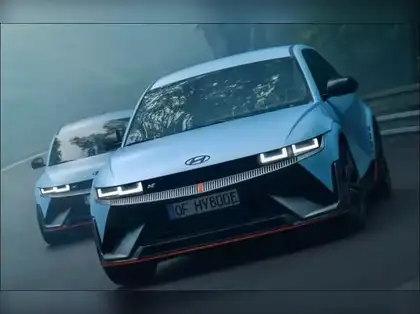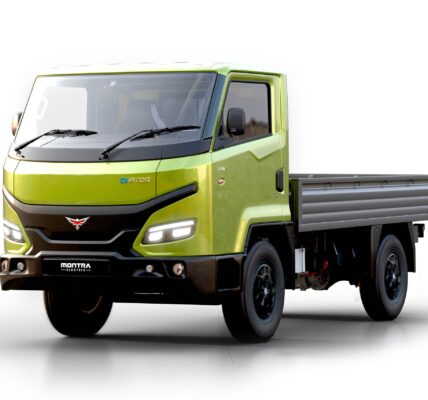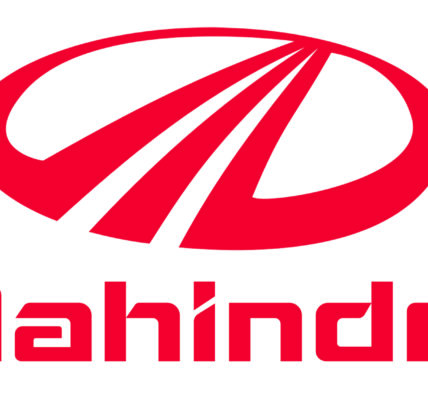The electric vehicle segment is set for rapid growth as its penetration in the domestic passenger vehicle segment may touch 12-13 per cent over the next 4-5 years amid favourable government policies and mainstream OEMs driving in models to cater to diverse customer needs, Hyundai Motor India Whole Time Director and COO Tarun Garg said. There is now clarity in the industry that electric vehicles are the way forward in the country, he added.
“Clarity was lacking earlier whether it would be EVs or hybrid or any other technology. Now, it is clear that all the policies favour the EVs,” Garg told PTI in an interaction.
Mainstream OEMs like Hyundai, Mahindra and Tata Motors are already there in the sector, and now with Maruti Suzuki entering the vertical, it is now clear that the EV penetration is set to rise, he added.
Garg said the EV penetration is now expected to grow steadily till 2030.
“We expect that the EV penetration will grow from 2.5 per cent to around 12-13 per cent in the next four to five years. The segment will see continuous growth from now on,” he added.
Garg said that with favourable government policies and growing charging infrastructure, it now seems “all the voices now are towards EVs”.
Elaborating on the steps being taken by the company, he stated that the automaker plans to introduce three new battery electric models and is also working towards enhancing charging infrastructure.
“We are very committed towards the EV segment from the supply chain localisation point of view and charging infrastructure point of view as well.”
Garg said that with favourable government policies and growing charging infrastructure, it now seems “all the voices now are towards EVs”.
Elaborating on the steps being taken by the company, he stated that the automaker plans to introduce three new battery electric models and is also working towards enhancing charging infrastructure.
“We are very committed towards the EV segment from the supply chain localisation point of view and charging infrastructure point of view as well. We are confident about the future of EVs in India,” Garg said.
The automaker is working to maximise the price competitiveness of its EV models and intends to focus on securing local production capabilities for key parts, such as cells, battery packs, power electronics, and drivetrain and building a localised EV supply chain.
The company plans to set up 600 public fast-charging stations across India in the next seven years to bolster the adoption of electric vehicles.
Hyundai introduced Creta Electric earlier this year and is selling around 1,000 units per month. It also sells premium electric model Ioniq 5 in the country.
Creta emerged as the largest-selling model in the domestic passenger vehicle segment in March with sales of 18,059 units.
Garg said penetration of SUVS in overall passenger vehicle sales is set to increase further.
“For us, the SUV penetration has grown from 63.2 per cent to 68.5 per cent in the FY25 fiscal. It is expected to touch the 70 per cent mark in one year,” he added.
Creta alone has witnessed a growth of 20 per cent in the last fiscal compared to FY24, Garg said.
When asked about market conditions, he noted that uncertainty is expected to continue in the current quarter amid various challenges.
“Clear picture will start emerging in the next quarter. It is too early to predict as of now and therefore we will stick to low single-digit sales growth (this fiscal) for the passenger vehicle segment for now,” Garg said.
He also stated that the company’s Talegaon-based manufacturing facility in Pune is expected to commence production in the third quarter of this fiscal.
Hyundai has acquired the plant from General Motors.







